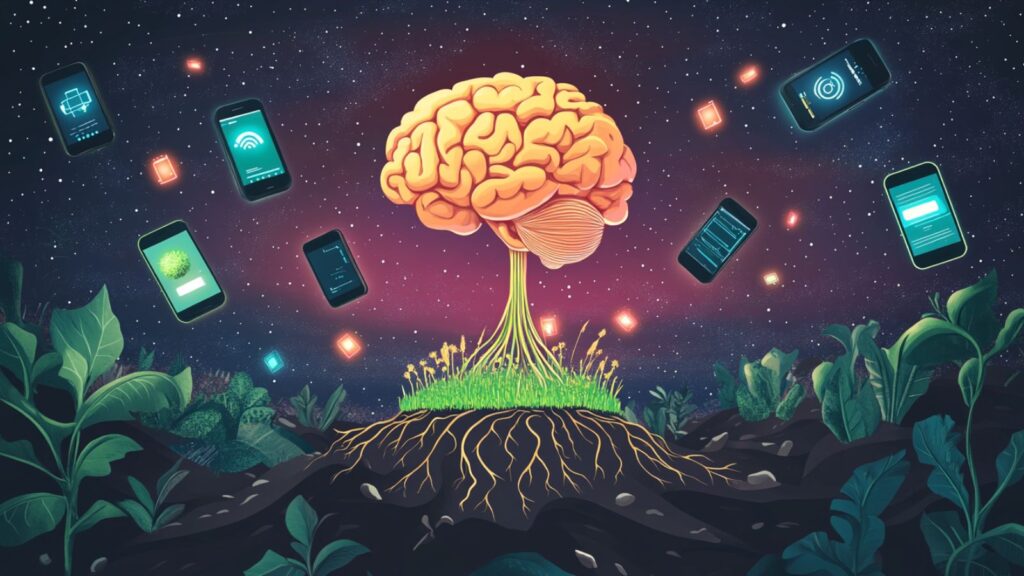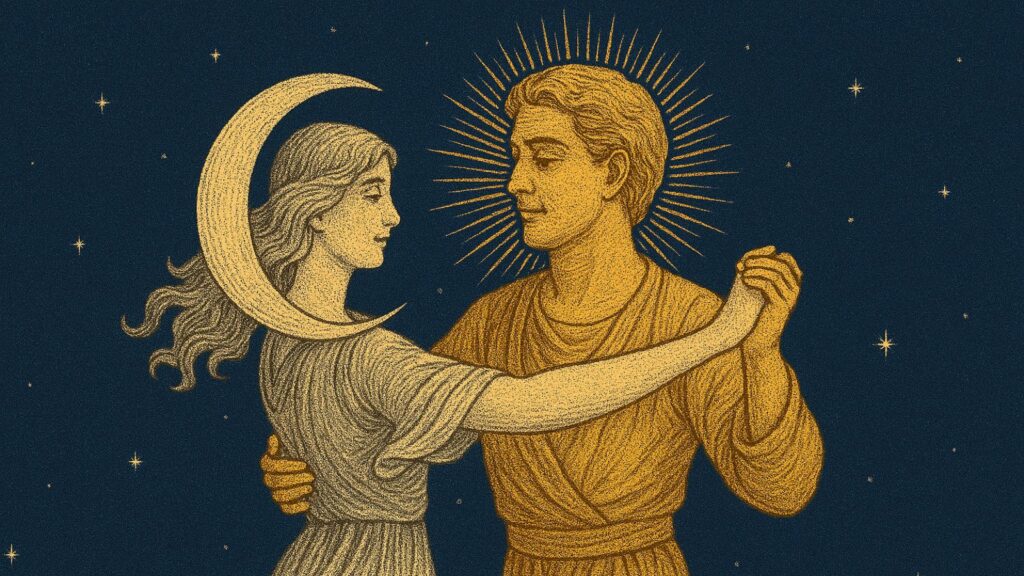These were my worst subjects in Junior High, when we were forced to take them. I regarded these class periods with dread. For one thing, I was really bad at them. I regarded the big machines and power equipment with terror. To make matters worse, my classmates would exact revenge in shop class for being fed through a system that constantly told them they were lazy, stupid, and bad. Here was finally something they were good at, something they liked to do, and here was the kid who was actually good at things like math, who was, moreover, young for his grade and small for his age. It was payback time!
I responded by distancing myself as far as possible from the world of metal and wood. A deep cultural bias welcomed me into that distancing: the bias against the world of matter in favor of the world of the mind, the world of abstraction, the world of symbol. It is a reflection of this bias that lawyers have a higher social status than plumbers, and consultants a higher status than engineers who have a higher status than farmers. In a hundred subtle ways I was told that the truly worthy pursuits, those deserving of my talents, were the pursuits of the mind. This prejudice is as old as civilization itself, going back to the days when the first chieftains and kings were exempted from farm labor. Soon it was taboo for the king to sully his hands with ordinary dirt. Writ large, this is the theme of human separation from, and transcendence of, nature.
In the last decade this trend has reached an absurd extreme in the economy, where the abstract world of finance has trumped the real industrial economy of actual stuff. In this economy, the status (and paychecks) of the manipulators of abstractions have risen above that of people who actually make things. The bias toward money and away from real production goes back at least to the 1970s, when General Motors CEO Thomas Murphy said, "General Motors is not in the business of making cars. General Motors is in the business of making money." By the year 2000, it seemed like everyone believed the whole economy could chug along by producing nothing but money. No wonder the most ambitious of my students at Penn State yearned to be "consultants," "executives," or "financial managers," hoping to garner rich rewards of money and status for working as far as possible from the real world of material things.
In the sciences, the same bias gives highest prestige to mathematics and theoretical physics, while fields like materials science are denigrated with the appellation "applied sciences." It is as if the truly great minds work out the theory, leaving lesser minds to simply apply it to the material world.
In religion, the same bias against the material world I adopted after 8th grade shop class appears as the primacy of spirit in contradistinction to matter. It is deemed appropriate, and for that matter possible, for Church to be separate from State, and for monks and nuns to be cloistered away from the rest of the world to be closer to God. That it is somehow virtuous to refrain from involvement in the things of the world is, in my new view, a rejection of life itself. It brings the opposite of what people truly seek when they pursue "spirituality": joy, love, and connection.
During those years when the anti-matter bias lurked in my unconscious mind, I forever felt like a semi-participant in life, disconnected from the world, disconnected from my own emotions except in periodic, violent breakthroughs of uncontrollable emotional energy. When eventually I began to see the true dimensions of my predicament, and the vast cultural matrix that reinforced it, I hatched an irrepressible desire to participate more fully in material life, the life of flesh and attachment. A Tori Amos lyric spoke to me deeply: "Give me life, give me pain, give me my self again."
"God is not without a sense of irony." In a beautiful illustration of the perfection and the irony of the universe, my quest to complete the missing pieces of my incarnation in materiality eventually led me to take a part-time job where I find myself working in a wood and metal shop. All day I use the very same machines that terrified me at age 13: drill presses, table saws, routers, welding equipment, and so on. The outfit I work for, Earth Alchemists, builds low-tech houses following the principles of Christopher Alexander. I basically love every minute of my job. I am delighted and grateful to be doing it, to be working with actual pieces of the sacred body of the earth. Sometimes I marvel at the string of coincidences that gave me this job, as I had no experience, no skills, and near-insurmountable child care issues as a single dad with three children. It is something of a miracle that, twenty years after graduating in Mathematics and Philosophy from Yale University, I find myself making construction components in an unheated workshop for a laborer's wage. I feel profoundly amazed and grateful to have escaped the world of the mind.
Well, that's a rhetorical exaggeration. I have not escaped from anything, I have only rejoined parts of reality from which I'd been alienated before. I do not find that physical labor has dulled my mental faculties or spiritual discernment. I do not think I am any less a refined being for my interaction with, to use new age terminology, the densest vibrations we know. On the contrary, I find that working with materials induces a state of heightened mindfulness. When I am working in the realm of abstractions, the realm of mind, say writing an essay or building a website, the worst consequence of a momentary lapse of mindfulness is that I delete a file or type in a vagina I didn't intend. In the shop or construction site, a lapse of mindfulness could mean cutting off my hand — zip! — with the table saw, or falling off a ladder. I am living in reality. My actions have obvious consequences. There is little room for pretense. In the world of words, the world of symbols, I can tell all kinds of lies and deny the consequences for a very long time. People kill each other in the world of abstractions, the world of "collateral damage" and "American interests" and "board feet" and GDP and the sea of labels and data that we manipulate with the magico-religious belief that we are manipulating something real.
We are like the followers of a degenerated shamanic religion whose magical symbols have taken on a life of their own. That, in fact, is exactly what has happened. Magical technology involves the manipulation of symbols in order to change reality. For the duration of the ritual, the symbol IS the reality. We had such a ritual for New Year's. "Take a piece of paper and write on it something you are through with. This paper IS something you are done with. Now we will burn it." If you administer the ritual saying, "This paper represents something you are through with" then the ritual has no power; it is fake. Most new age shamanic rituals that I've seen are similarly fake, because everyone goes into them with the knowledge, "This is just a ritual." Shamanic cultures, in their undegenerate state, had no absolute category of ritual, no division of life into the real and not real. Their rituals were not just rituals. They were temporary realities. During that reality, a mask isn't just a mask, it is a god. If you want to conduct a ritual with power, you must say "A is B." "These lentils are your relationship." "These tea leaves are your future." And when you say it, you must be speaking the truth.
Today we have become lost in our own rituals, which have taken on a life of their own and trapped us within. A warning about this possibility exists in many magical traditions: magical rituals require humility and caution, else the spirits one has summoned possess the summoner and never leave, living through him toward their own ends. This is what has happened to us today. We live in a world of abstractions, symbols that don't even symbolize anything anymore. It has happened most significantly with money, which has through many stages (commodity money, gold-backed money, fiat currency) lost its representational connection to anything real. It has also happened with such abstractions as nations ("America," "France," and so on) which have taken on a life of their own to pursue interests that are often contrary to the real interests of the people we think they represent. Most insidiously, we have each created a fictitious projection of our selves, a self-representation, and gotten lost within it, pursuing its interests to the detriment of our true interests. This self-representation is called the ego.
I am not saying that it is a mistake to ever create a self-representation, to ever act a part, even to lose oneself within that part. On the collective level too, there is a proper role for temporary representational realities like nations. But what would you say to an actor who has been in a play so long that he thinks he is that character in the play? What would you say to a whole acting troupe in this predicament, enacting their characters, eating pretend food and making pretend love while their bodies withered from neglect? Such is the state of the human race. We destroy the real for the sake of abstractions, for the sake of an artificial reality that has long outlived its usefulness.
What indeed would you say to such a troupe, helplessly enacting an absurd and devastating drama for no audience but themselves? You might tell them to stop acting, to wake up, but to your consternation they would merely assign you a ready-made role within the play, that of the nut or the buffoon, or the inconsequential philosopher who provides something interesting to think about. And then consternation would give way to horror as, one day, you discovered that you are indeed playing the role they have assigned: that your words have become just words that you yourself don't take too seriously, for if you did you could not live in such complicity with the very drama you decry. Here begins the long journey I have described as the Invisible Path. Eventually you realize that no drama should or can end before its time, and that at most you can be a humble servant of each person's awakening from it, when the time has come. If someone is not ready, then support her in playing her role within it in the most beautiful way you know. If someone is ready to awaken out of the consensus drama, then offer her a bigger one, a more beautiful more real one. There are many stories of what is and what can be that do not perpetrate ugliness and violence upon the world.
In our age, we are awakening, at long last, from the ritual dramas that created the world we know. This is why so many of the little rituals that maintain our society are beginning to take on an air of unreality: filling out a form, writing a check, standing in line. As this process quickens, many institutions that once seemed so real will disintegrate as well. Is America real? Is "the government" real? Is money — bits in computers — real? Is Barack Obama the President or is he just a man? Is the deed to your house real? Is your house or car really "yours"? Is a contract real? All of these things are real only because we make them real: we agree upon a story, a dramatic script, and play out the roles it assigns. That is what makes it real, and that is how we have created realities from time immemorial. Today, many stories are coming to an end; what was once unquestionably real is no longer, and the ground shifts beneath our feet. We find that even our selves, our very identity, to be less real than we thought.
Maybe on some deep, metaphysical level, the properties of wood, metal, and concrete are the product of our stories as well, and have no more reality than any other artifact of our collective imagination. If so, then these are stories whose end is not yet near. If we have tried to transcend the world of flesh and stone, our transcendence has been premature. The relationship of the human species to the living world that environs us is plainly immature; it is in its early adolescence. We are in the midst of a momentous event, the correlate of a teenager falling in love. A little child is heedless of the effects his demands have upon his mother: he takes from her by right. That is what we have done to Mother Earth too. That stage of our species' growth is almost over.
As the old stories end and new ones begin, the material world provides an anchor, a foundation, a reference point. Whether through wood, metal, stone, soil, plants, or animals, our hands, bodies, and senses give us an experience of something undeniably real, something larger than our perception of it. My own journey has led from a place of disparagement and fear of material reality, to a humble, grateful embrace of it. The presence of the real strikes me with awe. It is the same feeling of reverence that we feel when we see a true human being, the real person underneath the projections and masks. I stand humbled as well toward the masters of the material trades, carpenters and masons and other artists, once objects of my silent contempt. I am but a tyro, yet proof as well that it is never too late.
We are seeing the unreality of what was only temporarily real to begin with. The collapse of money, of nations, of marriage, of so many social institutions is part and parcel of this shift in our perceptions and our identity. No more in the future will we live so completely in the world of abstractions. No more will we aspire to be like the kings of old, to be consultants and executives whose hands are never soiled by anything real. Everywhere I go, I meet people who express an irrational desire to grow some of their own food, to build their own houses, to get their hands back in the dirt. We desire to reunite with the world, to reunite with life. Our separation from it is killing us. Unwilling to return, afraid to end the drama of our dominion, we have sought to extend it yet further with technology, perpetuating a kind of half-life. But now it is time to fall in love with the world.
Image by medeyle, courtesy of Creative Commons license.













